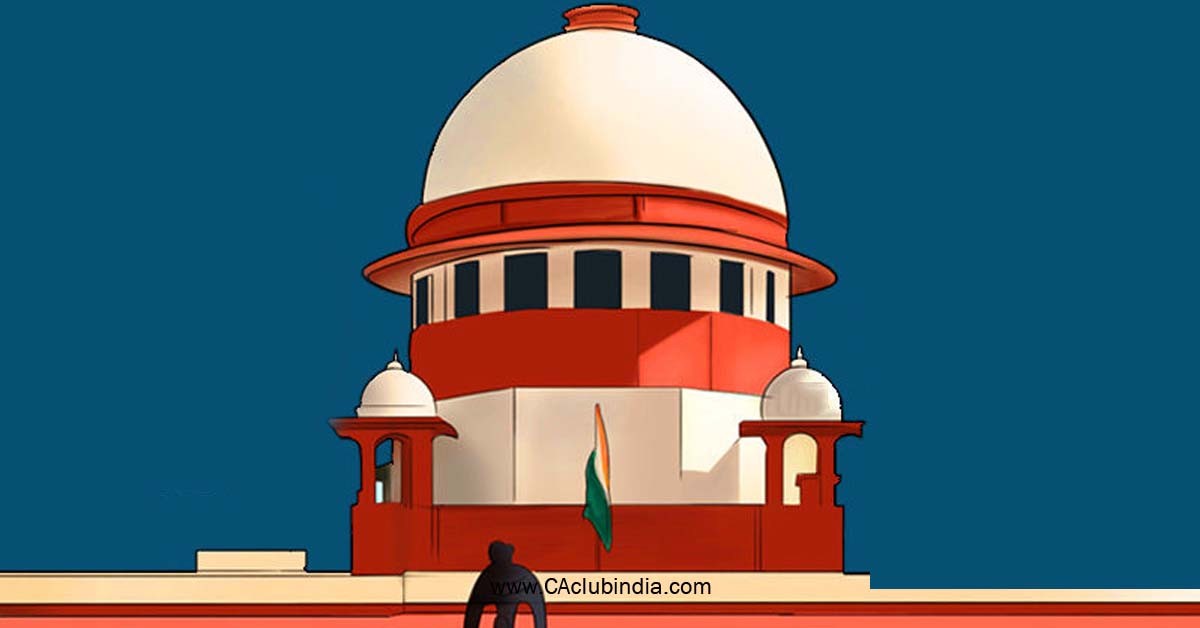The Supreme Court on Tuesday resumed final hearings in the Gameskraft batch of cases, which challenge the constitutional validity of imposing 28% GST on the face value of bets in the online gaming and casino industry. The matter was heard by a division bench comprising Justices J.B. Pardiwala and R. Mahadevan.
Senior advocates representing the casino sector raised key constitutional and legal issues concerning the interpretation of Rule 31A of the CGST Rules, which has been invoked by tax authorities to levy GST on the entire bet amount.

Inconsistency in Legal Framework
One senior advocate argued that the show cause notices issued to casinos incorrectly assume that casinos are providing a service, while Rule 31A treats actionable claims in the nature of betting and gambling as "goods." This inconsistency, he claimed, undermines the legal foundation for levying GST at 28% under the service tax framework.
He also pointed out that discussions at GST Council meetings acknowledged the ambiguity, and it was only in September 2023 that "gambling" was formally removed from the service rate notification-indicating a retrospective re-characterization of the activity's nature.
Excessive Tax Burden and Lack of Machinery Provision
Senior Advocate Kavin Gulati, appearing for the casino industry, submitted that applying Rule 31A to casinos results in an effective tax burden that exceeds the maximum limit prescribed under Section 9 of the CGST Act, which caps CGST and SGST each at 20%. He argued that taxing the face value of bets leads to an effective burden exceeding 150%, violating the statutory ceiling.
Gulati also criticised the lack of a machinery provision for determining the face value of bets. He noted that tax officers had used arbitrary assumptions and inconsistent methods in different show cause notices to arrive at the Gross Bet Value.
He contended that Rule 31A is ultra vires the CGST Act, particularly in conflict with:
- Section 2(31): which excludes security deposits from the definition of consideration.
- Section 7 and Section 9: which define the scope of supply and the applicable GST rate.
- Sections 15(1) and 15(5): which govern valuation of taxable supply.
Gross Gaming Revenue vs Face Value of Bets
Another senior advocate appearing on behalf of casinos in Goa and Sikkim argued that Rule 31A(3) cannot apply a presumptive valuation where actual consideration is known. In the casino business, the only actual consideration received is the Gross Gaming Revenue (GGR)-the amount retained by the operator after paying out winnings-not the full amount bet by players.
He further submitted that the face value of a bet represents a 50:50 chance to win or lose, and therefore cannot reflect the value of a taxable supply under GST.
Background
The Gameskraft case has become the benchmark litigation for the gaming and casino industry. The government's 2023 decision to impose 28% GST on the face value of bets across online gaming, casinos, and horse racing has led to sector-wide uncertainty, including massive retrospective tax demands running into tens of thousands of crores.
The final outcome of this case is likely to have a significant impact on the future of the gaming industry in India, especially with respect to foreign investment, taxation clarity, and regulatory treatment of games of skill versus games of chance.






 CAclubindia
CAclubindia
